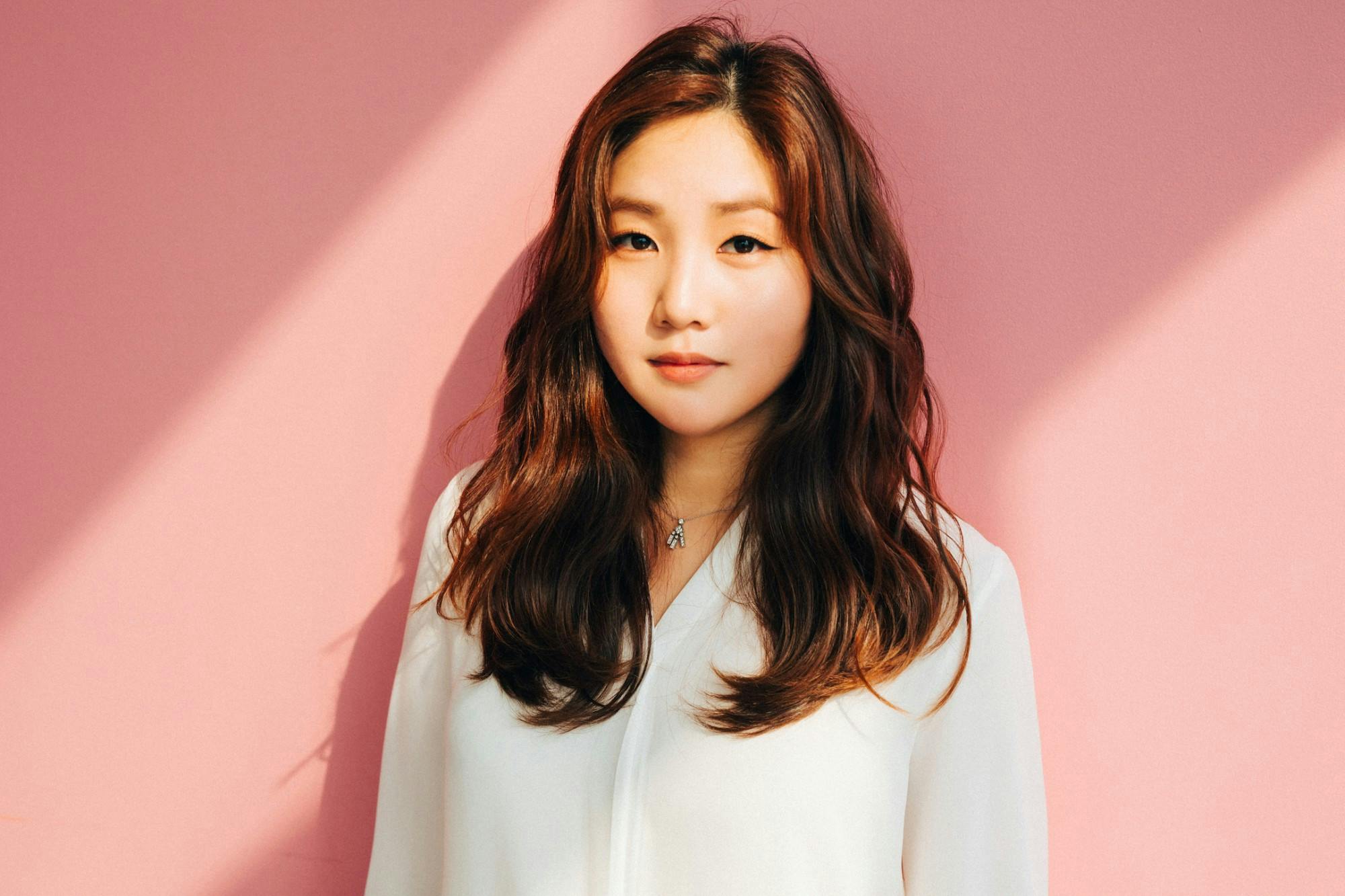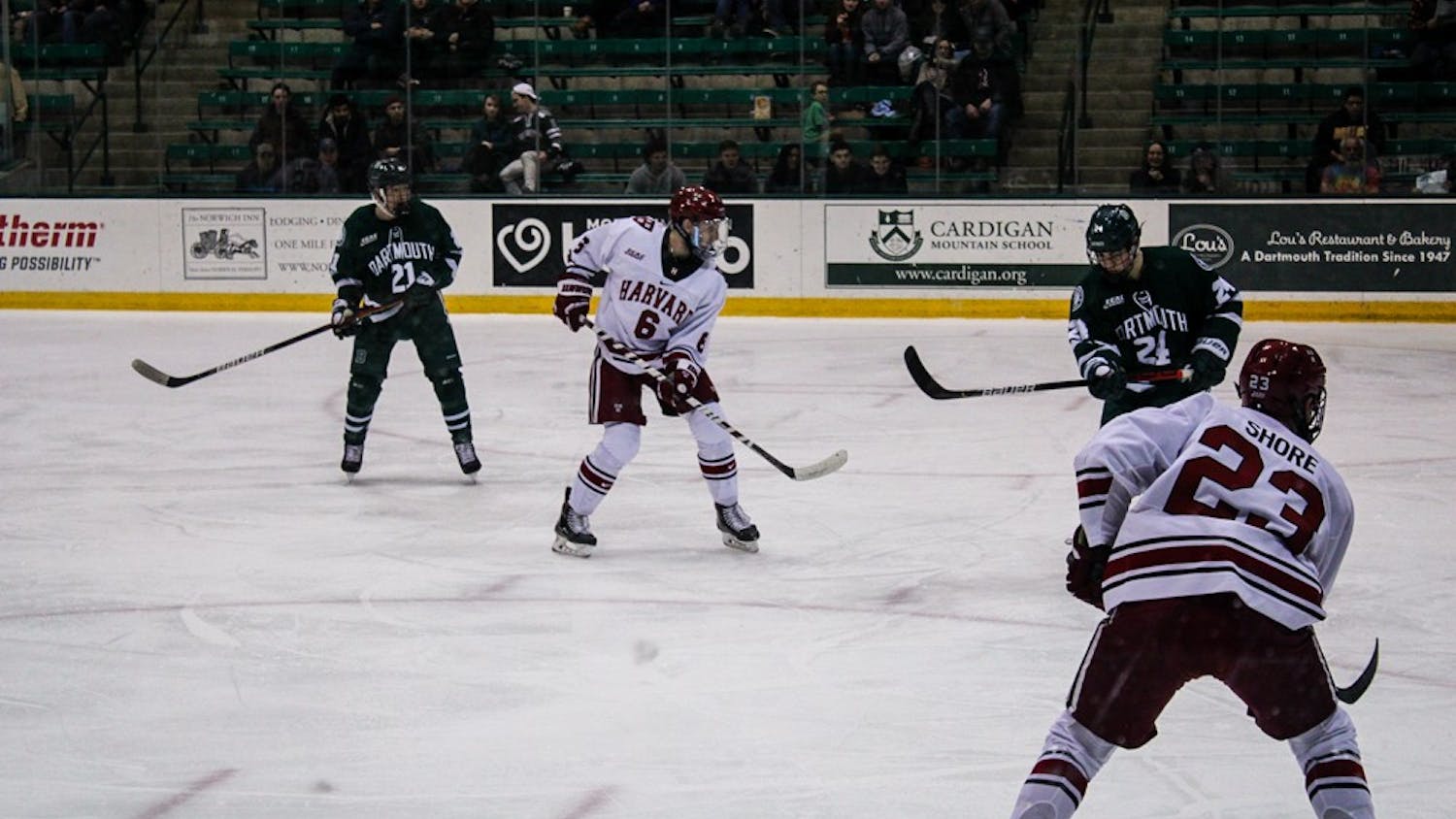Frances Cha ’07’s debut novel “If I Had Your Face” has been making waves in the literary world. The Guardian praised the novel — a story about four young women navigating the rigid cultural hierarchies, impossible beauty standards and plastic surgery craze of contemporary Korean culture — as a “fizzing, grisly debut.” The Washington Post even likened the book to Bong Joon-Ho’s Academy Award-winning “Parasite.”
Before she was an up-and-coming author, Cha worked as the editor for a Korean business journal and later as a travel and culture editor for CNN in Seoul — an experience that served as inspiration for her new novel. And even before that, she was a double major in Asian and Middle Eastern studies and English literature with a creative writing concentration at Dartmouth.
In an interview with The Dartmouth, Cha reflected on her time at Dartmouth and discussed writing across cultures in her new novel.
When did you start writing? Did you always know you wanted to be an author?
FC: I always wanted to be a writer. I think I remember writing my first quote-unquote “storybook” when I was eight or so. My whole family on my dad's side is very literary. So when I was trying to write my first stories, I would bounce it off my uncle or my dad.
What did you do while you were at Dartmouth?
FC: I was the editor of the Stonefence Review and the editor for the arts section of The Dartmouth, and I was an undergraduate advisor in the River. I have to say my Dartmouth friendships are still so strong. My husband was a Tri-Kap — he’s so hardcore Dartmouth, and a lot of our friends are even today.
How has your time at Dartmouth influenced your work?
FC: It was the first time I had been introduced to the workshop format. That was very different from anything I'd done before since I was just writing on my own and had never gotten feedback from my peers. I learned that even if you're not workshopping your own story, you will often receive the most advice about how to write from workshopping other people's stories. That was really illuminating for me.
My professors at Dartmouth were so encouraging, I think even more so than grad school, because my program in grad school was so large and then everyone kind of disappeared into the city after class. At Dartmouth, we would go to my professor’s house to workshop — it was very warm and engaging and intimate. That environment really fostered creativity.
Could you describe what your path has been like from Dartmouth to where you are now?
FC: Right after Dartmouth, I went straight to Columbia University. I had to take some time off in between my years of grad school because my father became very sick. I got the job as editor for the business journal of a Korean conglomerate after my father passed away. I spent some time working and then I came back to grad school where I really started going on this book.
How did living in Korea influence your book and writing?
FC: Oh, it was so influential. It was the most pivotal moment of my life — the fact that I took that job when I did. It was a desk job; it was very, very quiet; it was a research institute. I would just be sitting in grief the whole day. That was not a very healthy environment in retrospect, but at the same time, it really caused me to want to escape from reality. I think that's where I found a lot of subject matter and inspiration that came to me later.
What inspired you to write this book?
FC: It's very difficult to say because I had so many different beginnings for this book, and every beginning was different. I remember starting out saying, “I want to write about Korea. I want it to be a Korean girl, talking to a Korean girl. I don't want any mention of a love interest or love to be in it at all.”
It’s shocking to me now, but I had not really attempted a Korean character before. I think it was because all the Korean characters I read were in Korean, and in all the English literature I read growing up, the characters were white. I think I just assumed if you were writing in English, you were writing about white characters.
What has it been like seeing your book gain so much traction?
FC: I've been very grateful for the coverage for sure. Particularly in America, there is such a diverse array of books being published every day, so it's really hard to stick out. To someone who is following Korean literature, I think it’s unusual to see a book set in modern Korea in English.
That was one of my goals when I was writing — to write about contemporary Korea because the landscape is so different. Korea was always a war — not a country — and it was very difficult for me to explain how drastically different the landscape is from that time. It has one of the most fast-developing economies in the world, and the result of that rapid development has led to a host of phenomena that are very unique. That is something I wanted to tap into and portray.
How did you find a balance between the American and Korean readership when writing the novel?
FC: When I was writing my first draft, I wrote it very free-flowing. I wasn't aware of how it would read. In the revisions, I went through, taking a step back and pretending that I was a reader who had no understanding of Korean culture or Korean words. I went through several revisions where I was constantly agonizing over whether to leave more Korean words in — I debated about that a lot. I ended up picking out some parts and leaving some parts in, but I had to make many choices with every sentence and every word in terms of language.
Could you speak to the cross-cultural gender issues and beauty standards discussed in the book?
FC: It's very true that there are many aspects of reality in Korea where women are still bearing most of the household burdens: They're required to be more feminine — there's more rigidity in terms of those roles. But it is a very fast-changing landscape, and my characters reflect that. They're not thinking about love as being the end-all goal. The unfortunate reality is that when women enter into marriage and become mothers, a lot of them are the ones that step away from their job to do child-bearing. That’s the reason why Korea has actually developed the lowest birth rate in the world because women are choosing not to do that.
But there are certain things about being a woman in Korea where it's actually a lot easier than the West. In terms of maternity leave, in terms of postpartum care, in terms of even finding birth control — all of that is actually a lot easier in Korea. I was kind of pointing out these differences in the bureaucratic red tape that surrounds current issues in each country.
There are many different themes throughout the novel — what would you want a new reader to take away in the end?
FC: The title of the book comes from this scene where my character is modeling her face after somebody she thinks should have the perfect life. In the age of Instagram especially, I do hear these stories of people becoming very unhappy, comparing themselves and thinking, “Oh, if I only had this part of that person's life, I would be happy.” The judgments we make based on not knowing the whole story of someone's life is representative. I suppose I wanted to provide a context and a story and a whole picture with which we can have more empathy.
This interview has been edited and condensed for clarity and length.



